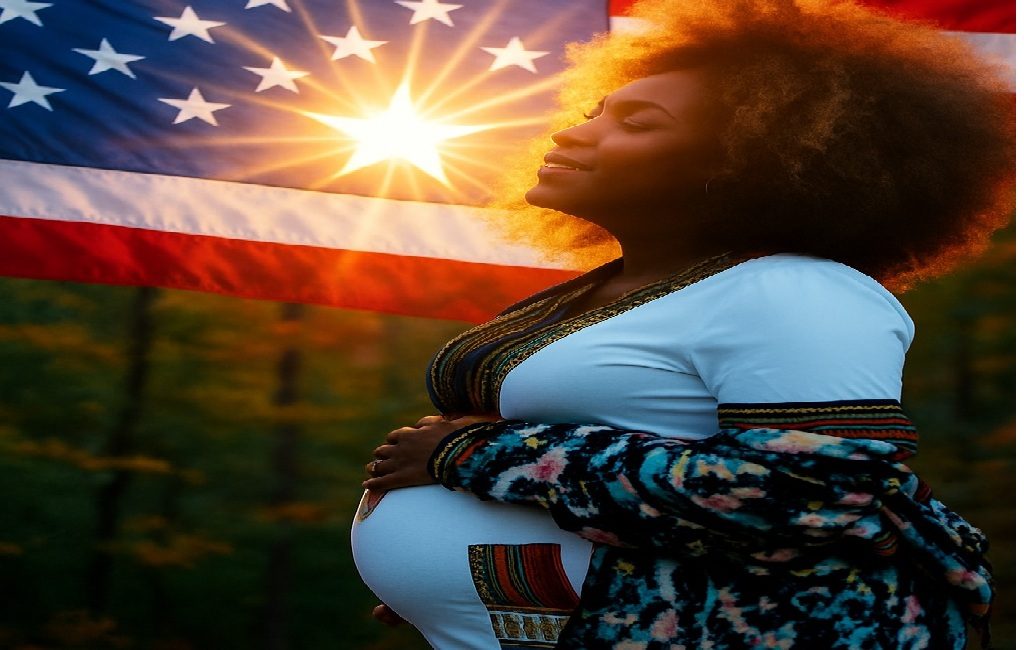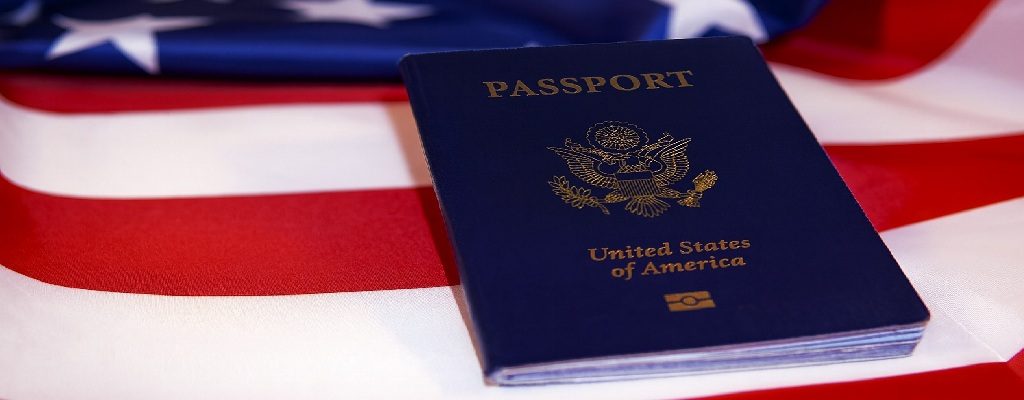The EB-5 Immigrant Investor Program offers foreign investors a direct...
Read MoreYasin Bilgehan Akalan
Attorney at Law
Immigration Law Expert – Akalan Law Firm

Citizenship by birth is more than a legal term—it’s a life-defining right for children born on U.S. soil. But recent developments have left many parents deeply worried. If you’re undocumented, on a temporary visa, or seeking asylum, you might wonder: will my child still be a U.S. citizen at birth?
In this article, we explain how birthright citizenship works, why it’s under threat, and what courts are doing to protect it. We break down President Trump’s Executive Order 14160, the wave of lawsuits it triggered, and how one class action—Barbara v. Trump—temporarily saved the day. By the end, you’ll know what your rights are today and what risks may lie ahead.
Under the Fourteenth Amendment, anyone born in the U.S. is a citizen, no matter their parents’ immigration status:
“All persons born or naturalized in the United States, and subject to the jurisdiction thereof, are citizens…” U.S. Const. amend. XIV, § 1
For over a century, this clause has been clear. The landmark Supreme Court decision United States v. Wong Kim Ark (1898) confirmed that a child born in the U.S. to non-citizen parents is still a citizen at birth. Courts have reaffirmed this ever since.
This principle, known as jus soli (right of the soil), protects children of undocumented immigrants, international students, and tourists alike. It guarantees equal treatment and a clear legal identity. However, this long-standing rule is now being challenged at the highest levels of government.
On January 20, 2025, President Trump signed Executive Order 14160. His administration claimed that the Fourteenth Amendment had been “misinterpreted.” The order seeks to deny citizenship to U.S.-born babies whose parents are not U.S. citizens or lawful permanent residents.
Under this order, babies born to undocumented immigrants, temporary visa holders (like students or tourists), and asylum seekers would no longer qualify for automatic citizenship. Only children with at least one citizen or green card–holding parent would.
This change was to apply only to babies born on or after February 20, 2025. Older children wouldn’t be affected. Still, the order created fear and confusion, especially since it bypassed Congress and attempted to change constitutional rights through executive action alone.
Almost immediately, lawsuits began flooding the courts. Plaintiffs argued that EO 14160 directly violated the Fourteenth Amendment. Judges in multiple states issued injunctions to block the policy.
In Washington v. Trump, a federal judge called the executive order “blatantly unconstitutional.” Similarly, in CASA Inc. v. Trump, Judge Deborah Boardman blocked enforcement nationwide. Both decisions reaffirmed that executive orders cannot undo constitutional guarantees.
Despite these victories, the legal fight was far from over. The Trump administration appealed. They challenged not only the content of the rulings but also the courts’ ability to issue nationwide injunctions in the first place.

On June 27, 2025, the Supreme Court ruled in Trump v. CASA. The Court said federal judges cannot issue nationwide injunctions unless a certified class of plaintiffs is involved.
This was a major shift. It meant that earlier rulings blocking the order across the U.S. were no longer valid for people who weren’t officially part of the lawsuits. The justices didn’t say whether the order itself was legal. Instead, they focused on how far a single judge’s ruling can reach.
Still, the ruling gave hope. The Court said that class action lawsuits can still seek protection for larger groups. Plaintiffs quickly adapted, and a new legal strategy took shape.
Just two weeks later, the case of Barbara v. Trump changed everything. A federal judge certified a nationwide class of parents and children who would be affected by EO 14160. He issued a preliminary injunction blocking the executive order from being enforced against them.
Judge Joseph Laplante ruled that denying citizenship to U.S.-born children would cause “irreparable harm.” Babies born here would be left without citizenship, rights, or protection—effectively stateless in their own birthplace.
Thanks to this class action, the order is currently frozen. All babies born in the U.S.—even to undocumented or non-permanent resident parents—are still receiving citizenship at birth.
As of late July 2025, EO 14160 is not being enforced. Hospitals issue regular birth certificates. Federal agencies accept those documents as proof of citizenship. If your child is born in the U.S. today, they are a citizen.
However, this could change. The Department of Justice is appealing Judge Laplante’s class-wide ruling. If higher courts reverse it, the order could take effect. That’s why staying updated is essential.
At the moment, no child has lost their citizenship due to this policy. But immigrant families remain on edge. Many fear that the legal status of their newborns could shift overnight if court rulings change.
If EO 14160 were to take effect, the consequences would be historic. Babies born on U.S. soil could be denied citizenship. They wouldn’t qualify for Social Security numbers, passports, or basic legal protections. In extreme cases, they might even face deportation.
Beyond the personal impact, this order challenges America’s identity. Birthright citizenship has been a symbol of inclusion, equality, and opportunity. Reversing it would send a message that some children—born in the exact same place as others—don’t belong.
This legal battle is about more than paperwork. It’s about who gets to be American from day one.

Right now, the courts have paused EO 14160. But the final decision hasn’t been made. The Supreme Court has not ruled on the order’s constitutionality. That ruling could come in the months ahead.
Until then, birthright citizenship remains protected. But the road ahead is uncertain. The legal battle continues. And families must stay informed, alert, and ready.
What’s clear is this: the meaning of being born in the United States is no longer just a matter of geography. It’s a matter of law—and that law is being tested like never before.
The EB-5 Immigrant Investor Program offers foreign investors a direct...
Read MoreThe H-1B Visa Project Firewall introduces the most aggressive enforcement...
Read MoreThis case study explains how multinational companies can strategically use...
Read MoreDidn’t win the H-1B lottery? Explore proven H-1B visa alternatives—such...
Read MoreAkalan Law Firm, PLLC
All Rights Reserved © 2024